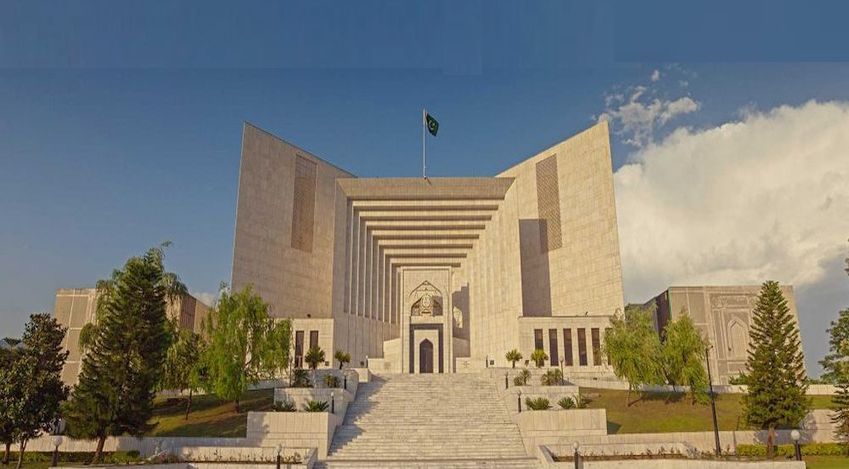An Acquittal in a Criminal Case does not Guarantee Reinstatement --- Supreme Court of Pakistan Orders De Novo Inquiry to determine the Respondent’s Suitability for Reinstatement
Islamabad 31-12-2024: The Supreme Court of Pakistan, in a landmark judgment, has partially allowed the appeal filed by the Director General of the Intelligence Bureau (IB) against the reinstatement of an employee, Babar Ali Solangi, by the Federal Service Tribunal. The Court set aside the order of reinstatement with back benefits, directing a fresh inquiry to ensure adherence to due process and principles of natural Justice.
The Respondent, an IB employee, faced allegations of kidnapping in 2016 and was convicted by a Trial Court in 2019, receiving a life sentence. However, he was later acquitted by the High Court based on a compromise. While the criminal proceedings were ongoing, the department conducted an ex parte inquiry and terminated his service. The respondent appealed to the Federal Service Tribunal, which reinstated him. The IB challenged this decision in the Supreme Court of Pakistan.
Mr. Justice Muhammad Ali Mazhar, delivering the judgment, highlighted key distinctions between criminal and departmental proceedings. He noted that:
- Criminal proceedings aim to penalize offenses with proof beyond a reasonable doubt.
- Departmental inquiries focus on misconduct and maintaining institutional discipline, with proof based on the balance of probabilities.
The Court also emphasized that the Respondent’s incarceration at the time of the departmental inquiry deprived him of his right to defend himself, violating Article 10-A of the Constitution, which guarantees the right to a fair trial.
The judgment reinforced the following principles:
- Criminal acquittal, especially by compromise, does not automatically entitle an employee to reinstatement.
- Departmental inquiries must adhere to natural Justice, ensuring fair representation and defense opportunities.
- A de novo inquiry was ordered, to be completed within three months, with the respondent afforded full rights to defend himself.
The Court referenced the case of Faraz Naveed Vs. District Police Officer Gujrat (2022 SCMR 1770) to underline that criminal and disciplinary proceedings can coexist without one affecting the other.
The Supreme Court of Pakistan partially allowed the IB’s appeal, mandating a fresh inquiry to determine the respondent’s suitability for reinstatement. It stressed that disciplinary actions must ensure fairness to maintain public confidence in institutions like the IB.
Powered by Froala Editor








